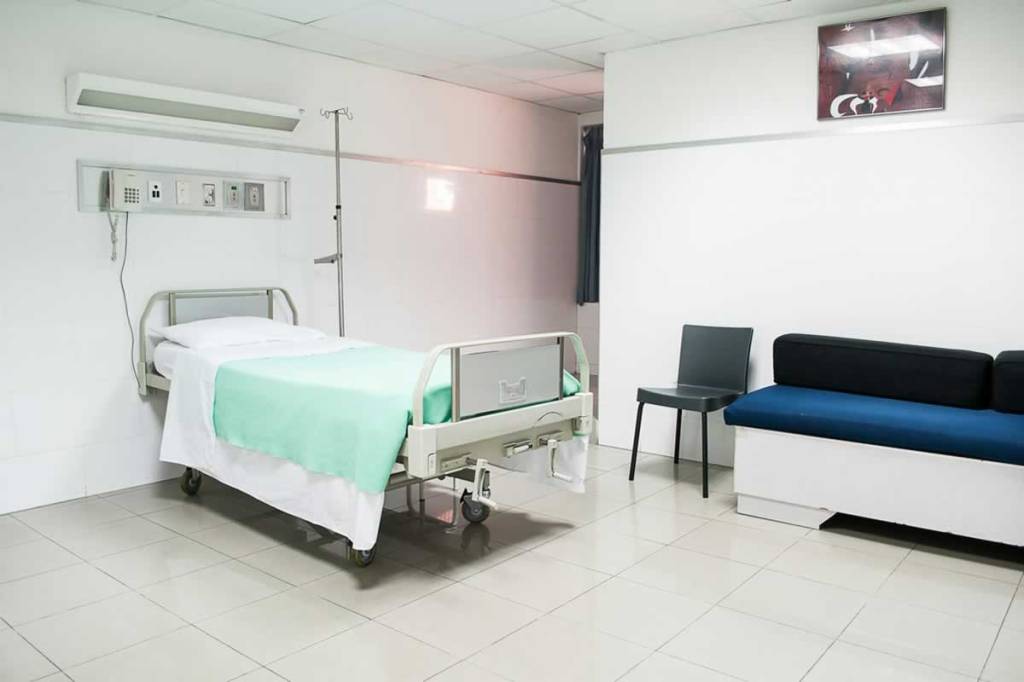Rural hospitals have continued to grapple with financial struggles following last month’s passage of President Trump’s “One Big Beautiful Bill” and associated cuts to Medicaid programs.
The bill has several provisions that benefit housing, such as lower individual tax rates, “enhanced” income deduction and additional provisions for the Low-Income Housing Tax Credit (LIHTC) program. It also extends tax cut provisions from the 2017 Tax Cuts and Jobs Act while making deep cuts to Medicaid.
Rural health care providers and facilities often need Medicaid reimbursements to stay open, and with cuts forcing states to make up the funding gap, many rural hospitals are at risk of closure. USA Today reported that advocacy groups estimate that 700 rural hospitals, along with many clinics and nursing homes, are at risk of closing in the next few years.
USA Today also cited a recent estimate from KFF, which predicted that cuts to federal Medicaid spending approved in the new law would exceed $155 billion in rural areas over the next 10 years.
Cuts to Medicaid won’t fully take effect until after the 2026 midterm elections, but health care systems, which often budget a year or two ahead, are already seeing closures as a result.
USA Today cited an announcement from a Nebraska community hospital that confirmed the closure of its clinic in the small town of Curtis, citing financial challenges such as the approved Medicaid cuts.
Senate response
As a response to concerns about rural hospital closures, the Senate has added $50 billion in funding for a new “rural health transformation program.”
The initiative is set to release $10 billion annually over the next five years, with half of the money distributed evenly among states that choose to participate. The Centers for Medicare and Medicaid Services will determine how to allocate the remaining funds.
The funding comes with a caveat: The measure does not exclusively earmark the money for rural facilities, and health organizations argue that the funding is unlikely to make up for the deep reductions in Medicaid, the expected rise in the uninsured population and new restrictions on reimbursements.
Republican leaders, however, maintain that the program will be efficient in helping rural providers gain financial stability. “Rural hospitals are going to be fine,” Senate Majority Leader John Thune of South Dakota said in an interview with Fox News last month, pointing to what he described as significant reinvestment in the bill.
In the meantime, states are preparing for shortfalls. Colorado has established a $25 million annual stabilization fund for the next two years, although officials say it will barely dent the hundreds of millions in Medicaid losses they anticipate.






